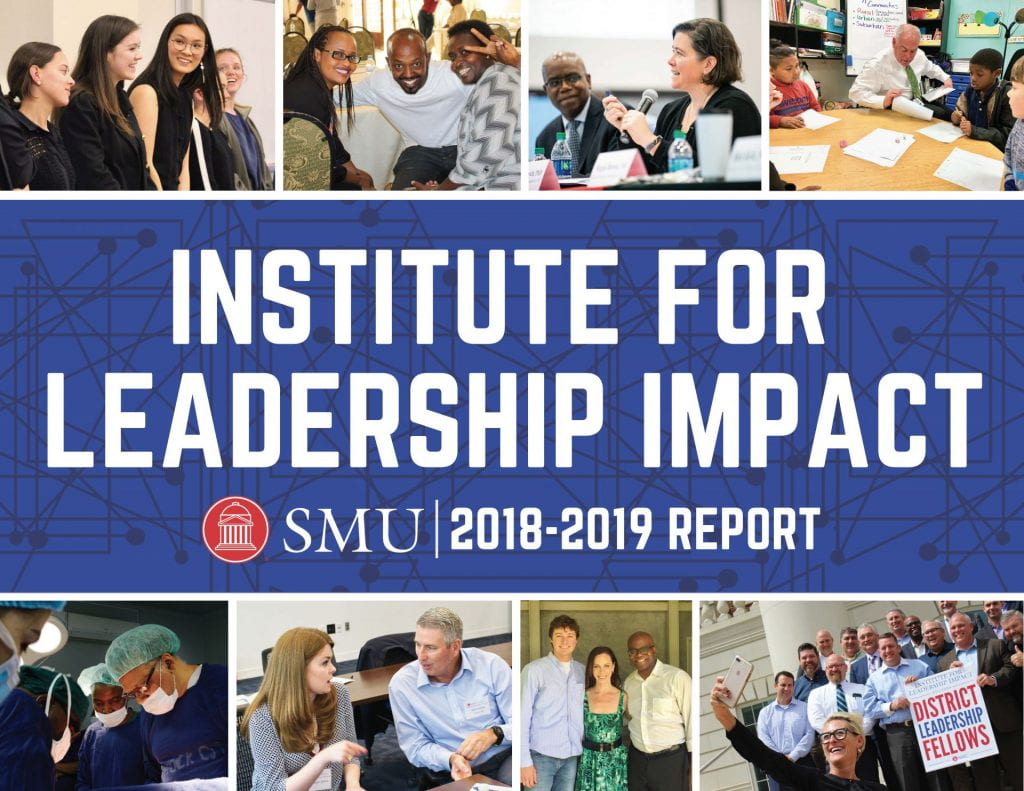Over the summer of 2021, three SMU undergraduate students and one high school student tested components of a research study training surgeons in Zambia to treat postpartum hemorrhage. Three of the students tested a virtual reality surgical simulation developed for the study.
Tag: Research
Innovative research on meditation and mindfulness continues at SMU
The Institute for Leadership Impact and the Center for Global Health Impact, both headquartered at Southern Methodist University in Dallas, Texas, have released a joint impact report for the 2019-2020 academic year.
SMU researchers receive funding from Wellcome Trust to develop low cost virtual reality training to help improve skills to surgically manage postpartum hemorrhage. Such training may not only reduce time and cost to train providers but reduce risk of COVID-19 transmission by reducing face-to-face interactions during surgical training.
COVID-19 Mindfulness Meditation Study
Mental health is an important factor during and after a global pandemic.
The 2018-2019 Impact Report from the Institute for Leadership Impact highlights leadership training in education and health including the District Leadership Fellows, Rural Superintendent Leadership Symposium, Virtual Reality surgical mentoring and research, and Creating Impact in Global & Public Health class.
Wired for Good | Lifesaving VR
A major Institute for Leadership Impact project was featured in an episode of SMU’s new web series, Wired for Good. The Virtual Reality Surgery Simulator (VRSS) project is featured alongside SMU’s digital initiatives in bionics and criminal justice.
